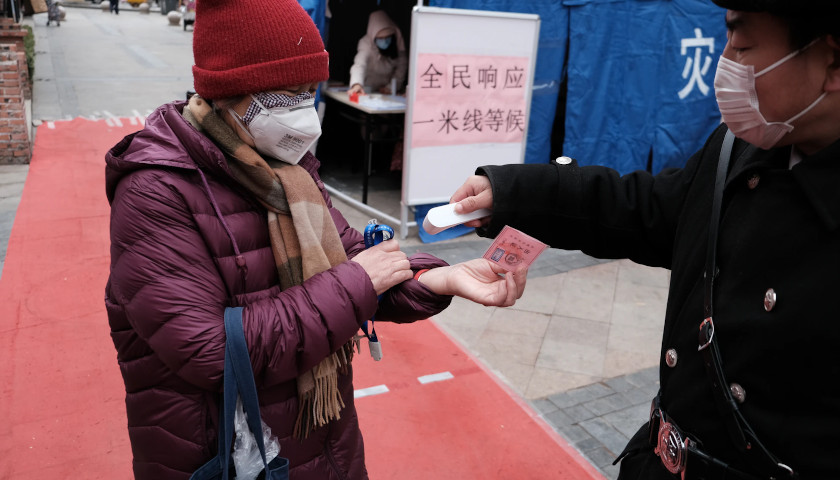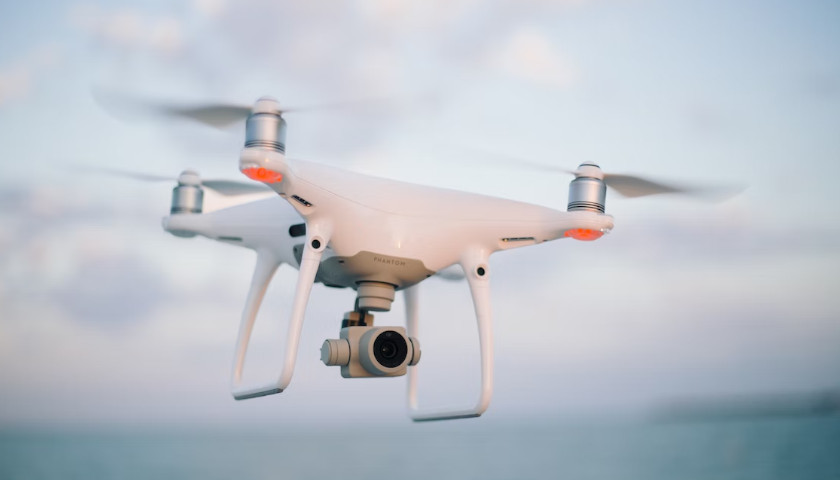Chloroquine, a common antimalarial drug, has shown promising results in treating COVID-19 coronavirus in South Korea and China, according to a white paper.
The white paper was presented by Dr. James M. Todaro and Gregory J. Rigano, in consultation with Stanford University School of Medicine, UAB School of Medicine and National Academy of Sciences researchers. It is available to read here.
Recent guidelines from South Korea and China report that chloroquine is an effective antiviral therapeutic treatment against Coronavirus Disease 2019. Use of chloroquine (tablets) is showing favorable outcomes in humans infected with Coronavirus including faster time to recovery and shorter hospital stay. US CDC research shows that chloroquine also has strong potential as a prophylactic (preventative) measure against coronavirus in the lab, while we wait for a vaccine to be developed. Chloroquine is an inexpensive, globally available drug that has been in widespread human use since 1945 against malaria, autoimmune and various other conditions.
CDC research shows that “chloroquine can affect virus infection in many ways, and the antiviral effect depends in part on the extent to which the virus utilizes endosomes for entry.”
Chinese medical officials are approving the drug to treat pneumonia caused by COVID-19, according to a story by HNGN.
According to the Korea Biomedical Review, in February in, the COVID-19 Central Clinical Task Force agreed to treatment principles for coronavirus patients.
In China, the General Office of the National Health Commission and other agencies established effective treatment measures based on human studies.
The British government on Feb. 26 banned the export of chloroquine. The white paper authors said they believe this happened because the drug is showing promise in treating the coronavirus.
The white paper points out that chloroquine’s side effects can include retinopathy, even permanent vision loss after high cumulative doses. This is rare with total dosages of less than 400 grams.
Furthermore, it says the medicine could be easily distributed around thew world, although American doctors may hesitate since the U.S. Food and Drug Administration has not approved it for this use.
– – –
Jason M. Reynolds has more than 20 years’ experience as a journalist at outlets of all sizes.






Google docs deleted the study by Dr. James M. Todaro and Gregory J. Rigano for “violation of our Terms of Service.” Strange.. https://docs.google.com/document/d/e/2PACX-1vTi-g18ftNZUMRAj2SwRPodtscFio7bJ7GdNgbJAGbdfF67WuRJB3ZsidgpidB2eocFHAVjIL-7deJ7/pub
Might want to check this out: https://www.huffpost.com/entry/chloroquine-coronavirus-rigano-todaro-tucker-carlson_n_5e74da41c5b6eab77946c3b3
Malaria had been eradicated from India for a decade and staged a comeback during year 1971. Since 1971, several avtars of fever afflicted India. Viral fever, Dengue fever, Chikungunya – all began as killers. With time we learnt how to coexist with those diseases. Corona Virus showed up during recent months. That engulfed the entire World. The world would soon learn how to coexist with Corona Virus.
Since year 1971, Chloroquine has been my default drug in fever cases. Viral fever, Dengue fever, Chikungunya – all political entities responded to Chloroquine. By simple mathemathics, there can be two possibilities :-
1. New avtars of fever during consecutive years were new variants of malaria.
2. Chloroquine known as antimalarial, may be nonspecific fever drug, effective also against Viral fever, Dengue fever, Chikungunya, and now Corona Virus.
Chloroquine is a harmless drug with single dose required in endemic population and 5 tablet (double strength) course required elsewhere.
Immunity boosters in routine and Chloroquine at first fever sign may be a magic mantra to make the World Corona free.
Dr K Chaudhry http://immunity.indianmedical.net